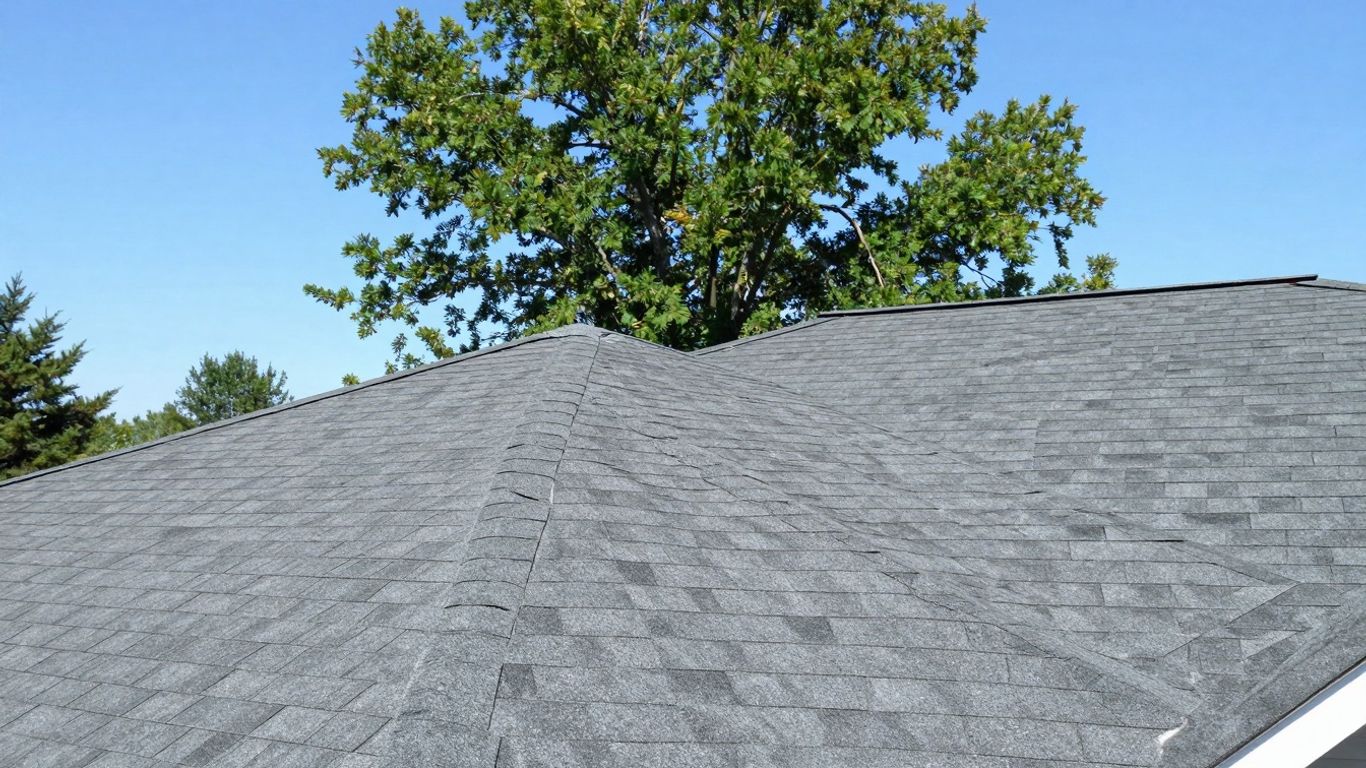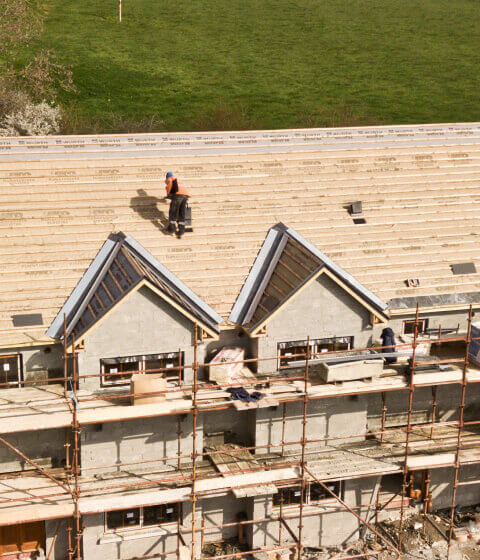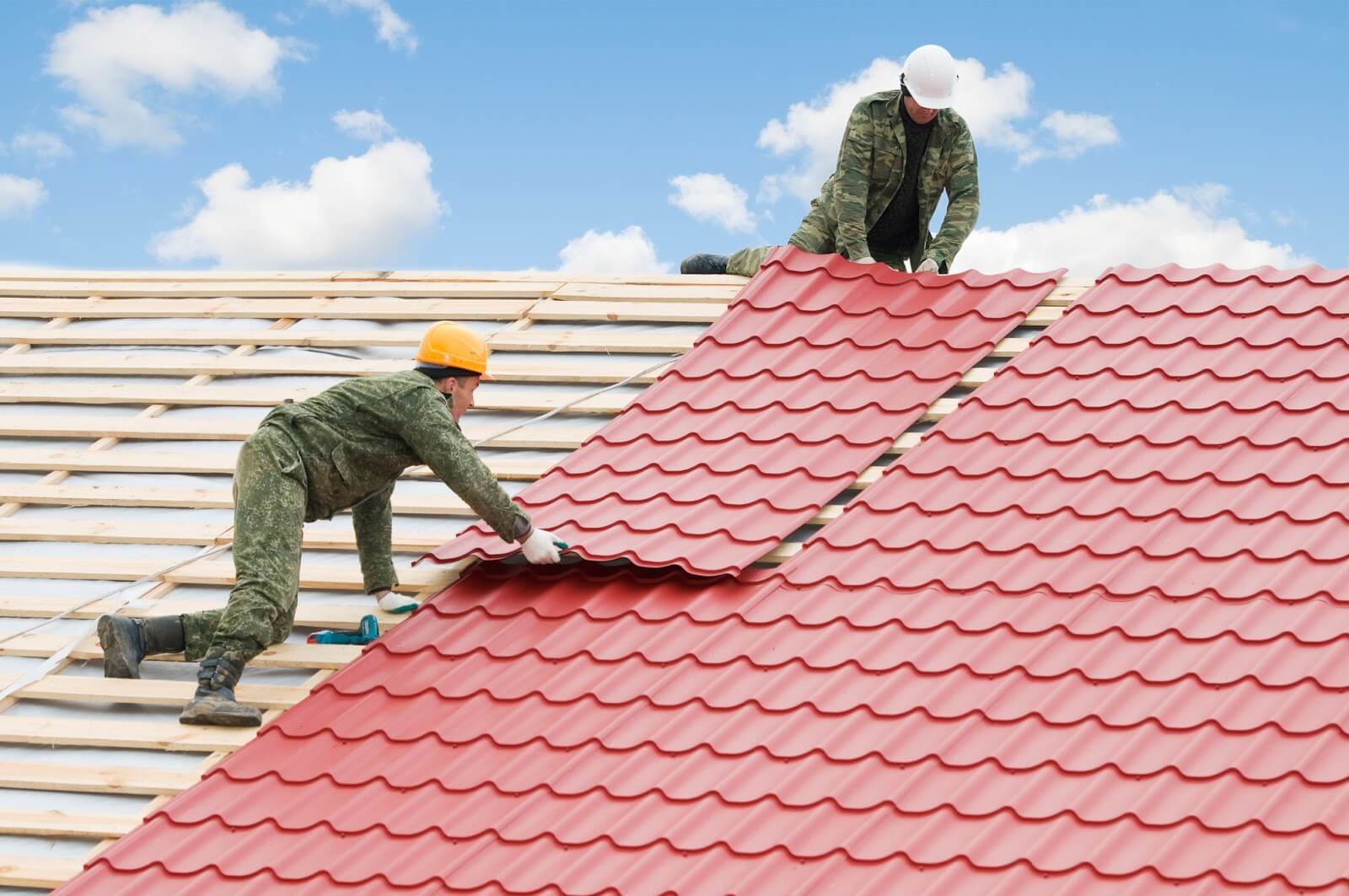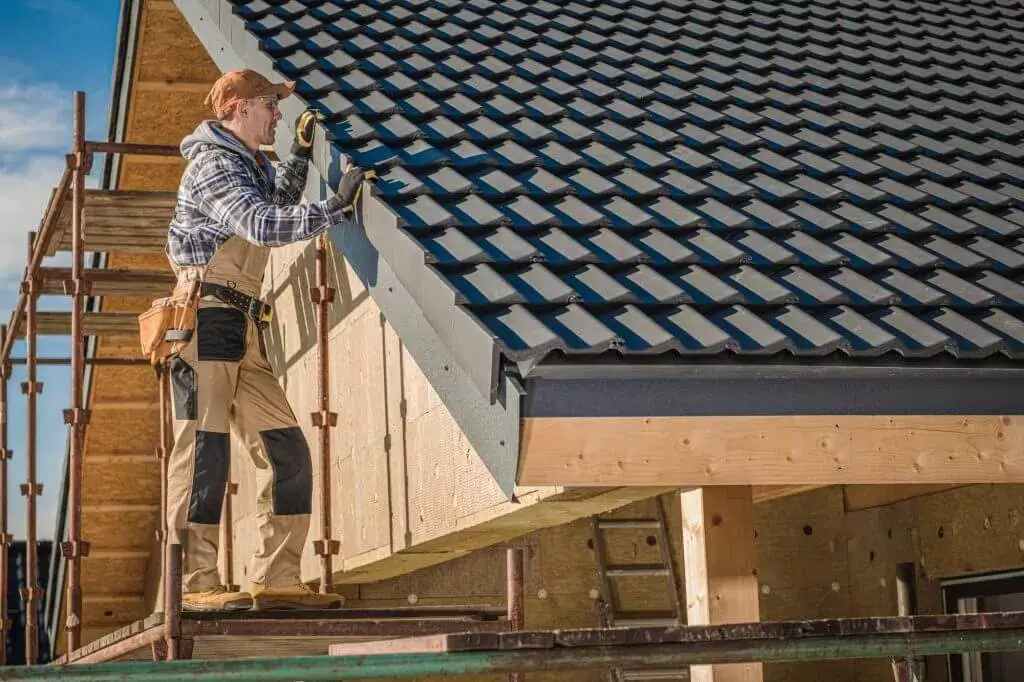The roof is one of the most important components of a building, shielding it from the weather and giving shelter to its occupants. However, the roof might deteriorate over time from harsh weather conditions or wear and tear with age. A regular roof inspection is critical for recognizing any problems and guaranteeing the longevity of your roof.
In this blog post, we will look at the necessity of roof inspections, their benefits, how to prepare for an examination, the inspection procedure, and common roof issues and fixes.
Understanding Roof Inspections
What is a Roof Inspection?
A roof inspection is a thorough look at the state and strength of the roof. It requires a professional to check a number of things, including the roofing materials, the building’s structure, and any signs of damage or deterioration. The main goal of a roof inspection is to look at the roof’s current condition to find any problems and possible solutions.
Benefits of Regular Roof Inspections
One of the most important benefits of getting a roof inspection is keeping your household safe from potential damage. Roof checks allow professionals to find minor problems, like loose shingles, broken flashing, or leaks, and, if left alone, can develop into more significant damage over time if they aren’t fixed. Therefore, repairs done quickly can stop more damage and keep the roof from falling apart.
Another benefit of regular roof inspections is extending the lifespan of your roof. Regular inspections can help you find and fix problems early on, keeping your roof from needing to be replaced and saving you money in the long run. Taking care of small fixes or maintenance needs immediately is much cheaper than fixing major damage or structural problems.
Preparing for a Roof Inspection
To ensure a thorough and accurate roofing inspection, it’s essential to call a reputable roofing company with a skilled roofing inspector, like Above All Roofing, for Mississauga and nearby places inspections. Schedule the inspection for a date and time that works best for you and the inspector.
Checklist for the Pre-Inspection
Take the following steps to prepare for the roof inspector:
- Clear out the attic and make sure you can get in. Give the inspector easy access to the attic so they can look at the inside parts of the roof.
- Take off any natural elements on the roof: Clear away any leaves or branches on the roof so that a thorough check can be done.
Safety Precautions
During the inspection process, put the safety of both the occupants and the inspector first by:
- Keeping children and pets away from the work area keeps all residents and the inspector safe.
- Removing anything expensive or fragile from the work area so it won’t get accidentally broken.
On-Site Roof Inspection Process
Exterior Inspection
During the inspection, the expert will look at the roof’s general condition. The inspector will look for damage that can be seen, like missing or broken shingles, blistering, or curling. Next, they will check the flashing, gutters, and drains to ensure they are in good shape and work properly.
Interior Inspection
The attic and the inside of the house are also important parts of the inspection. The inspector will look for signs of leaks or moisture, like water stains or mold growth, in the attic. Then, they will look at the roof for water spots, cracks, or other signs of damage to the structure.
For a more detailed assessment, the inspector will evaluate the flashing, gutters, and downspouts and examine the ventilation system.
Documentation
Photographs or films of the roof will be taken to document the current state and any areas of concern. Detailed notes will be taken, including identified issues, remedies, and maintenance recommendations.
Common Roof Issues and Repairs
Different roofing materials have different features and maintenance requirements, including the following:
- Asphalt shingles: As the most common roofing material, asphalt shingles are both long-lasting and inexpensive. Regular inspections can reveal damaged or worn-out shingles that need to be replaced.
- Metal roofing: This durable material is well-known for its lifespan and resilience. Inspections aid in the detection of loose fasteners, corrosion, and weather-related damage.
- Tile roofing: Using tiles for roofing gives off a distinct and unique look. It requires specialist inspections to detect cracked or broken tiles, which can lead to leaks and water damage over time.
Common Roof Problems
Roof problems that are frequently encountered include:
- Water damage and leaks: Inspections can detect leaks caused by defective flashing, worn-out seals, or compromised roofing components, preventing more water damage.
- Roofing membrane deterioration: Due to UV exposure or harsh weather conditions, roofing membranes can deteriorate over time. Inspections aid in detecting indicators of roof membrane damage and facilitate timely repairs.
- Shingle or tile damage: Regular inspections detect damaged, loose, or missing shingles or tiles, preventing leaks and protecting the general integrity of the roof.
- Inadequate ventilation: Inspections evaluate the ventilation system and find any obstructions or inefficiencies that can cause moisture buildup and potential damage.
Repairs and Maintenance
A roofing inspection can determine some of the most important repairs and maintenance tasks.
Firstly, repairing leaks and replacing broken shingles or tiles as soon as possible helps to prevent further water damage and increases the roof’s lifespan. Additionally, clearing debris and maintaining gutters regularly guarantees effective water drainage and prevents future problems. Lastly, fixing, patching leaks or replacing worn-out roofing materials such as shingles or tiles to increase the roof’s longevity.
Conclusion
Regular roof inspections are required to ensure the longevity and integrity of your roof. You can keep your roof in good condition by knowing the purpose and advantages of roof inspections, preparing accordingly, and addressing potential issues promptly. Investing in frequent roof inspection services and essential repairs not only protects your property but also saves you money in the long term.
Contact Above All Roofing today to book an inspection in Mississauga for your next roofing project.
FAQ
1. How often should I have my roof inspected?
It is generally suggested that your roof be inspected at least once a year, particularly before and after severe weather events. The frequency depends on factors such as the age of the roof, the type of roofing material used, and the local climate.
2. How long does a roof inspection typically take?
The length of a roof inspection is typically determined by the roof’s size, intricacy, and condition. On average, a complete check can take anywhere from 30 minutes to several hours.
3. What factors can affect the cost of a roof inspection?
A roof inspection cost is affected by factors such as the size of the roof, its accessibility, the location of the property, and any additional services required, such as drone inspections or moisture testing. The reputation of the company plays a vital role in cost.







